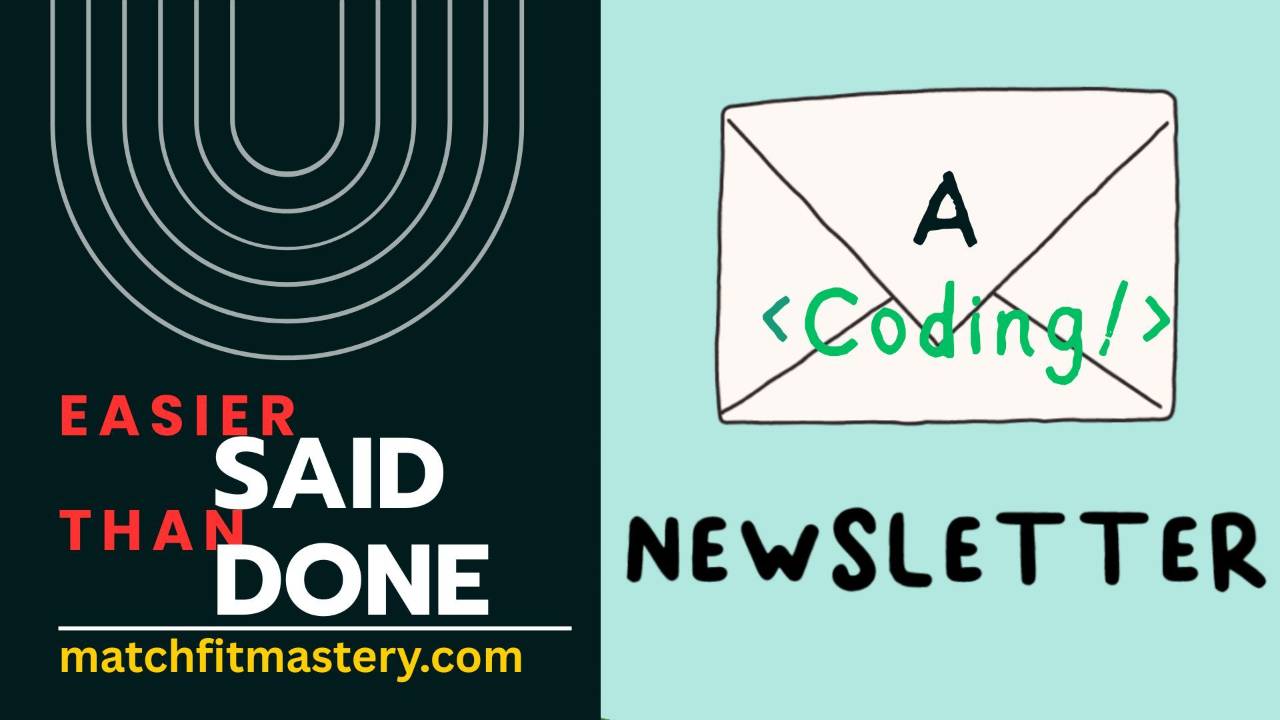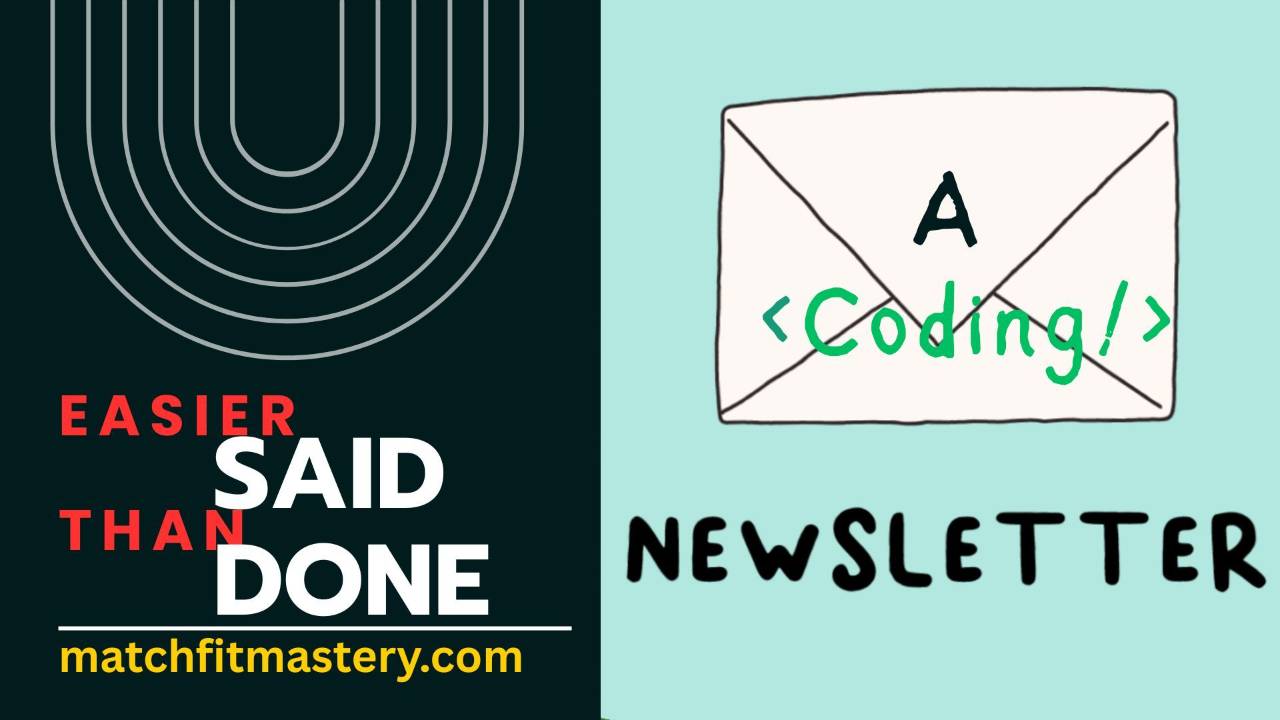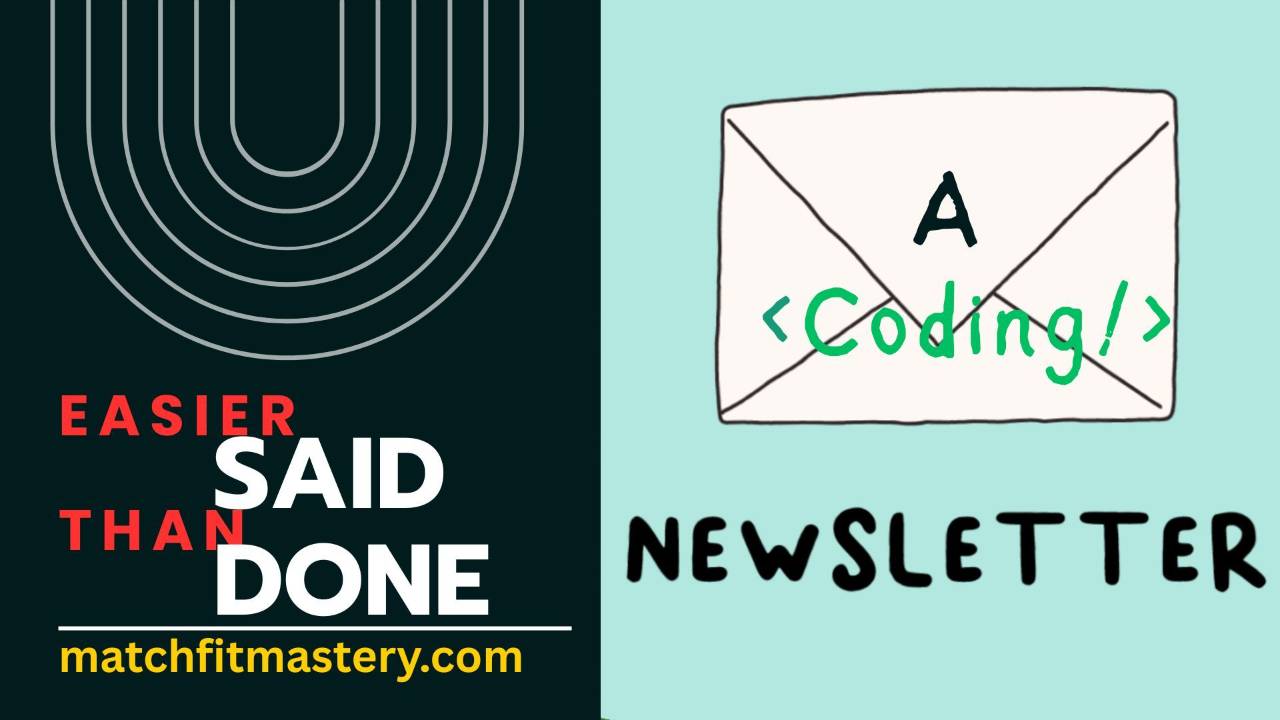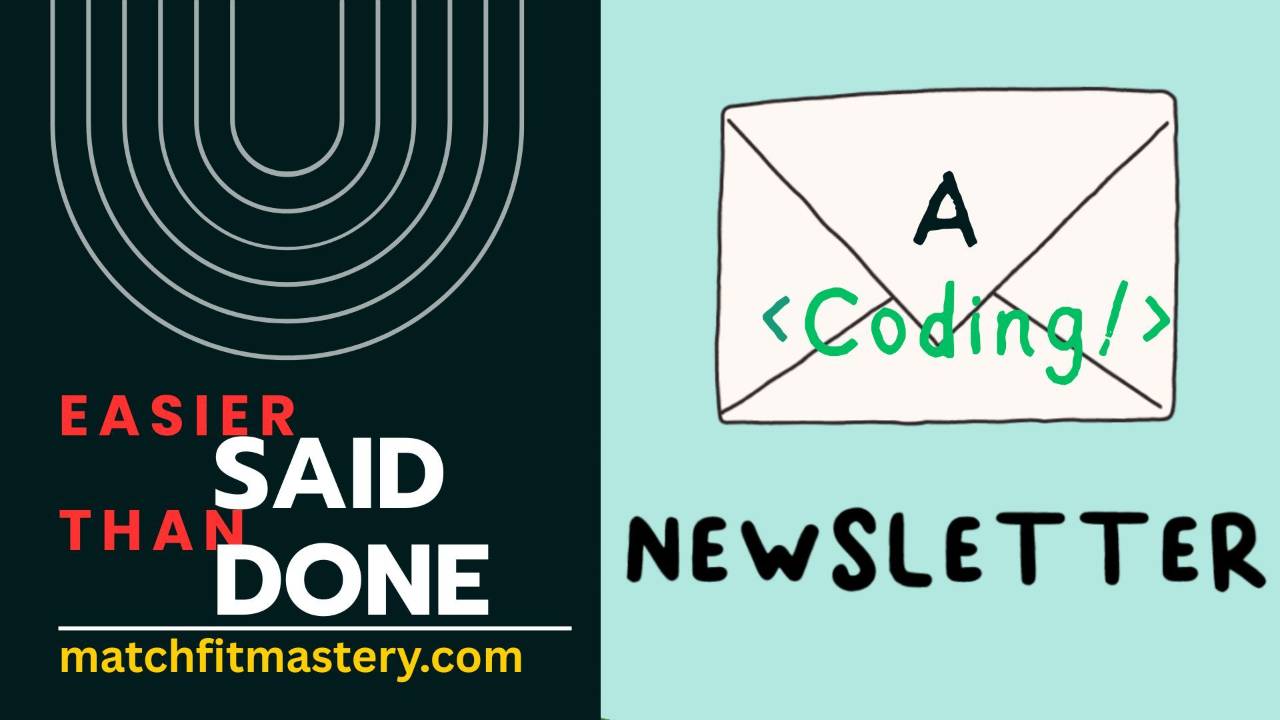How to Drastically Improve Your Coding Skills Without Writing More Code.
If you want to accelerate your growth as a developer, you need to master one skill that nobody teaches: reading code.
Why? Because the engineers who thrive—especially in growing and established tech companies —spend most of their day reading, reviewing, and investigating code.
Not writing code.
The payoff is huge: you’ll debug faster, design better systems, and recognize industry patterns instantly.
Unfortunately, most career changers think “getting better at coding” means hammering out more lines in practice projects. They focus so heavily on the writing part that they completely miss the other half of the job—and end up stalled when they hit complex, real-world codebases.
The Primary Reason: Writing Code is the Fun Part
It’s thrilling to build something from scratch. It’s way more dopamine-inducing to write code and create simple To-do apps than it is to dig into complex code.
Don’t believe me? Which would you prefer?
Implementing a fix for one of the thousands of issues listed in the Pandas Python repo? Or writing a simple data analysis app that tabularizes canned real estate data from a spreadsheet?
No judgment. But…I thought so. I’m the same.
But the truth is, in real life, engineering is understanding existing systems before building on them.
- Reason #1: You don’t understand design patterns in isolation—you see them in the context of a mature codebase with domain-specific problems
- Reason #2: Debugging is a core part of the job, and you can’t debug what you can’t read. In real life, Most of the time you’ll be debugging code someone else wrote.
- Reason #3: Code reviews are where engineers level up—but only if you can understand and learn from the feedback.
- Reason #4: In a post-AI world, writing boilerplate is easy; knowing if AI’s code is good is the real skill.
Here’s the good news: you can train yourself to read code like a pro—and it’s easier than you realize.
Step 1: Read Code Every Day (Yes, Every Day)
Reading code is like learning a language—you won’t get fluent in writing well until you’ve bothered to read a few books.
Start small: explore open-source repos, read through your past projects, or review a colleague’s pull request before they ask.
Just this week, I’ve spent 2 days straight just reading a partner team’s code. Before I can design the prototype application, I need to understand the systems, their parts, the data flows, and their design.
Step 2: Read With a Purpose
The biggest mistake? Skimming.
Don’t just scroll through files—pick a question to answer (“How does this API handle errors?”) and trace it through the code. Look for tests. My favorite way of understanding what new code does is to find the tests and read the test cases - a good team will always write tests that exercise the most important part of the code. That’s a great place to start.
It also forces you to follow the logic, understand dependencies, and absorb real-world design patterns.
Step 3: Reverse Engineer and Rebuild
Here’s where the magic happens—take something you’ve read and try to recreate it. Or break it and rebuild it.
This cements the patterns in your brain. Do this repeatedly, and soon you’ll spot solutions instantly because you’ve “seen it before.”
Reading code is the fastest path from “just a coder” to “real engineer.”
And if you want to learn how to do it the right way—without getting lost in jargon or overwhelmed by massive codebases—this is exactly what we work on inside the Parsity Inner Circle.
Five ways we can help you:
1. Wondering what learning to code actually means?
Becoming a coder is much more than just "learning to code" some languages. When I was hired at Google, for example, I didn't know three out of the four languages I had to write every day.
If you're still wondering if coding is right for you, then I recommend:
👉 My FreeCodeCamp Course --> Before You Learn To Code (Video).
👉 Updated version (including Google and other big tech experiences)
2. Inner Circle (Free Preview Included)
Our personalized, intensive mentorship program is designed to help career changers go from zero to software developer—and get hired. It’s not for everyone, but if you’re ready to commit, we’ll walk with you every step.
👉Preview the Inner Circle Program -> free preview.
👉Apply for Inner Circle → parsity.io/inner-circle
3. Dev30
Want to learn the basics, but not quite ready for the Parsity Inner Circle? No problems - Try the Dev30 challenge!
It’s our 30-day JavaScript sprint focused on building real projects, learning in public, and creating a network in tech.
👉Join dev30 → dev30.xyz
4. Career Change To Code Podcast
Driving? At the gym? Hiding in the bathroom? Perfect time to inject the best techniques for a career change to code directly into your brain via
👉 Follow the podcast here: YouTube | Spotify
5. Weekly Tips In Your Inbox
👉 Subscribe to this newsletter (it’s free). I try and keep it to 3 minutes or less so you can read in the elevator, waiting in lines, in the bathroom...😝





